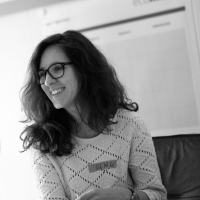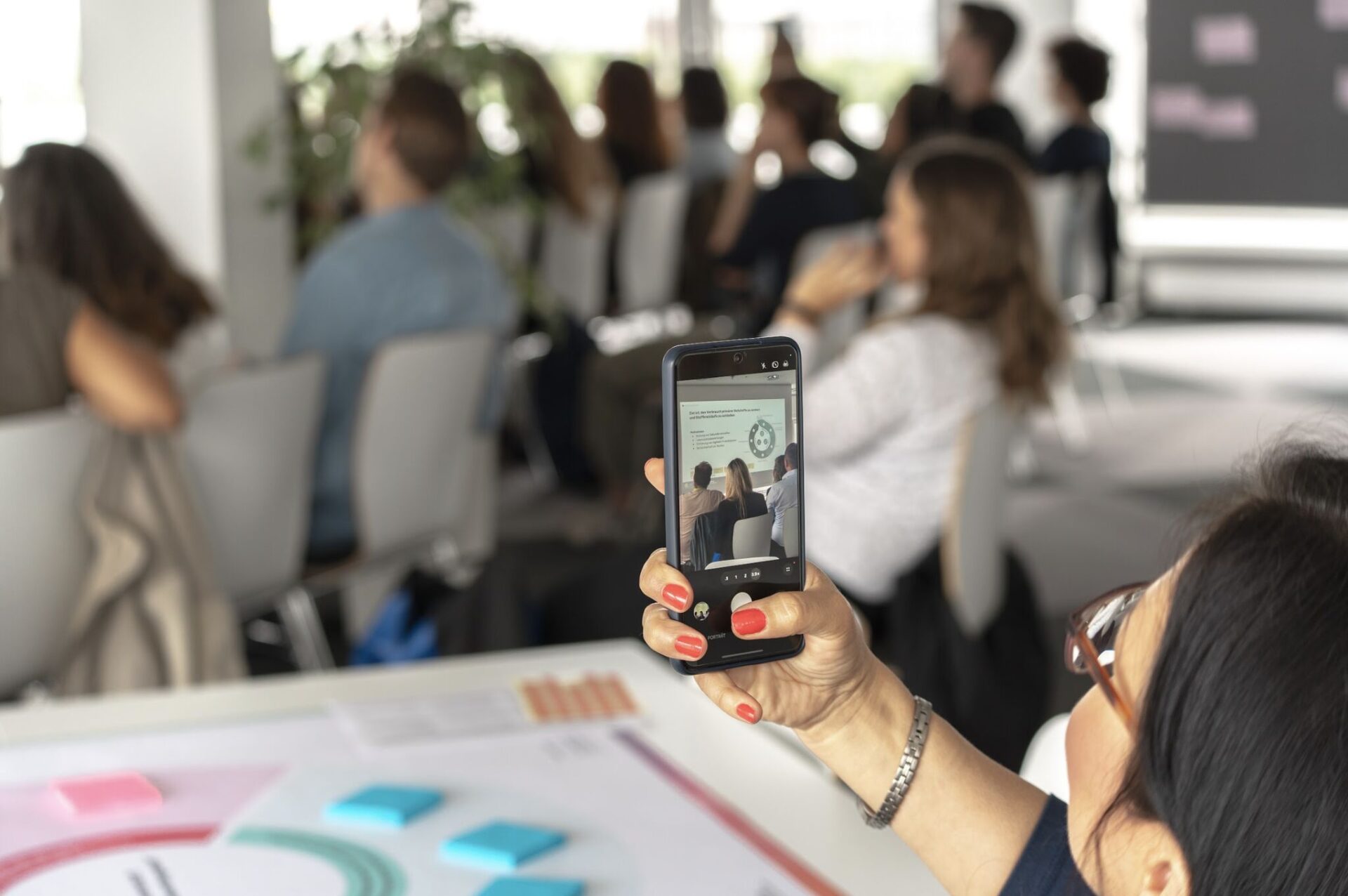Awareness and understanding of the principles of the Circular Economy are the essential for the development of a sustainable and resilient economy. Integrating Circular Economy theories and practices into school programs helps prepare the next generation of skilled workers to support a future-proof society. As an independent educational institutions, vocational schools can play a major role in raising awareness of and teaching the principles of Circular Economy, such as resource efficiency, reuse, recycling and zero waste approaches.
FUNDERS
Berlin Senat Department for Economy, Energy and Businesses (SenWeb)
PARTNERS
Fachhochschule Potsdam and IHK Berlin
DATE
June 2024 – May 2026
The challenge
Few schools today feature Circular Economy topics in their traditional teaching schedules. School staff recognise the importance of these themes for their students, but often do not have the capacity to develop and implement new courses and modules. Enhancing awareness of such important topics and practices can be an advantage for students and their future career.
Through this project we will prepare the next generation of professionals for the challenges and opportunities of a resilient and resource-efficient economy by promoting sustainable thinking and circular practices in Berlin vocational schools. We will design courses to equip food and building students with the skills needed for a future-proof career.
Our approach
Our aim is anchoring environmental awareness and understanding of resource conservation and circular practices in vocational education. With this aim, we will design and deliver courses on Circular Economy theories, practices and strategies.
The courses will be targeted at groups of vocational students studying food and construction in two Berlin schools. Each course will consist of several interactive modules, including a visit to a circular enterprise or organisation to see circular economy in action.
Expert speakers from Berlin-based companies will join our practice-oriented sessions at the schools to provide insights into their everyday circular processes. The students will also receive learning materials based on the specific needs and requirements of their career. These resources will include exercises and practical examples to support their journey into the world of circular food and construction.
The outcomes
- Learning resources for each module of the courses to support students’ learning along their circular journey.
- Teaching materials for school staff to use and reuse with other student groups in the future.
- A multistakeholder event by the end of the project to share results and insights with any relevant party in Berlin, and discuss opportunities to extend the course to new schools and student groups.
Further steps
Our first course on circular practices in the food industry will start in early 2025. Watch this space to keep up to date.




